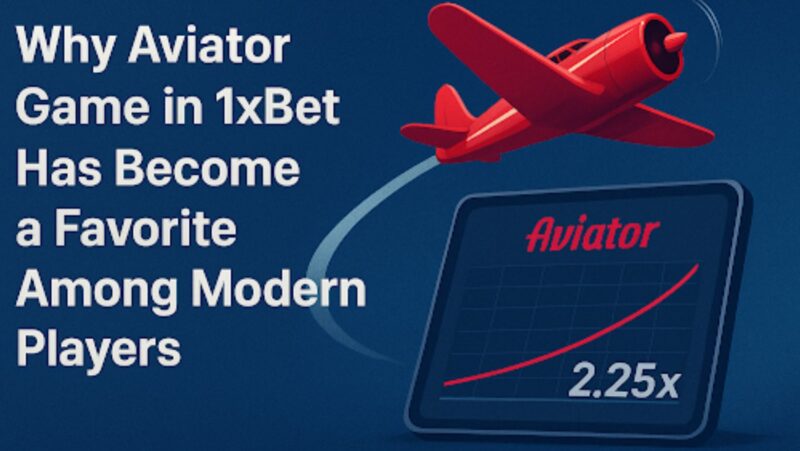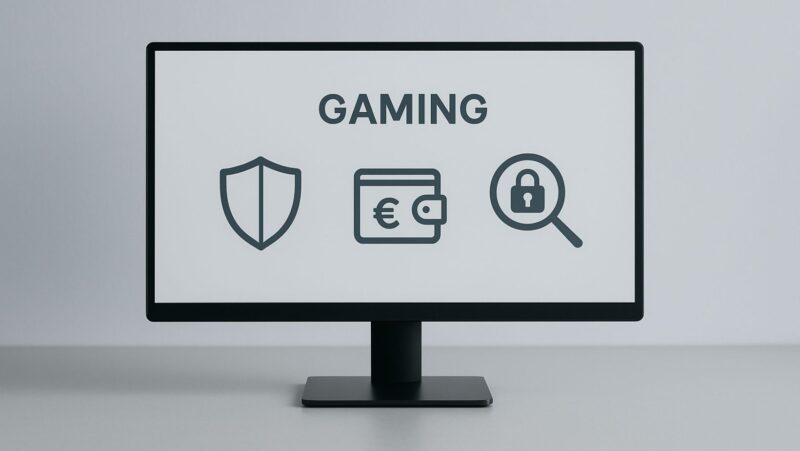
Sudoku, crosswords, and other classic puzzles have stayed popular because they’re fun, challenging, and satisfying. But they’ve come a long way from newspapers and books. Today, these brain games are thriving online, with apps and websites turning old-school puzzles into fresh, digital experiences anyone can enjoy anytime, anywhere.
Origins of Classic Puzzles
Crosswords began in 1913 when Arthur Wynne created the first “word-cross” puzzle for the New York World. It looked a bit different from today’s version but quickly became popular. During World War II, The New York Times started publishing crosswords in 1942, and they’ve been a daily ritual for many ever since.
Sudoku’s story goes back to 18th-century Latin square puzzles, but the modern version was created by Howard Garns in 1979. It gained massive popularity in Japan and later in the UK around 2004. For a great online version, check out web sudoku.
Analog to Digital: First Steps
In the late 1990s and early 2000s, crosswords began moving from newspaper pages to the internet. Tools like Crossword Compiler helped editors build puzzles faster, and publications like The Guardian started offering them online. By 2009, The New York Times launched its own crossword app, and The Guardian followed with a full puzzle app in 2020.
Sudoku made a similar leap. Originally printed in newspapers, it became digital when programmer Wayne Gould created a tool in 2004 that could generate endless puzzles. His software helped Sudoku spread rapidly across websites and apps around the world.
Rise of Online Puzzle Platforms
Today, you can play classic puzzles like jigsaws and logic games for free on websites like Arkadium, CrazyGames, and Jigsaw Planet. These platforms offer an easy way to dive into puzzles right in your browser, no downloads, no hassle.
Puzzle apps have also taken things up a notch. The Guardian launched its puzzle app in 2020, packed with crosswords, Sudoku, and multiplayer features, although it was discontinued in 2024. On iPad, Puzzazz stands out for its clean design and clever tools. It offers crosswords, KenKen, and more, with features like handwriting recognition for a smoother solving experience.
Next-Gen Puzzle Apps & Gamification
The NYT Games suite goes beyond crosswords. It includes daily hits like the Mini Crossword, Spelling Bee, Letter Boxed (launched 2019), Connections (beta June 2023), and Strands (beta April 2024), plus classics: Sudoku and the iconic Wordle, acquired in 2022. In 2024, users played NYT puzzles a staggering 11.1 billion times — Wordle alone had 5.3 billion plays. Much credit goes to editor‑in‑chief Will Shortz and his team, who use custom editorial tools and software to refine puzzles, ensuring variety, balance, and quality across the ecosystem.
“Braintainment” & Industry Trends
The puzzle industry is growing fast. BC Partners is getting ready to sell Keesing, a major puzzle publisher with over 13,000 titles and more than 200 digital games. The company brings in around €300 million a year. At the same time, puzzle content is spreading through big platforms — Keesing has partnered with Netflix, and Apple News+ now features crosswords and Sudoku to attract more casual players.
Educational & Social Features
KenKen puzzles are now part of classroom learning, with over 30,000 teachers using them to teach logic and math. They’re even included in the Der Spiegel app for students. On the social side, games like Wordle and Connections go viral daily, with players sharing their results on X and TikTok.







